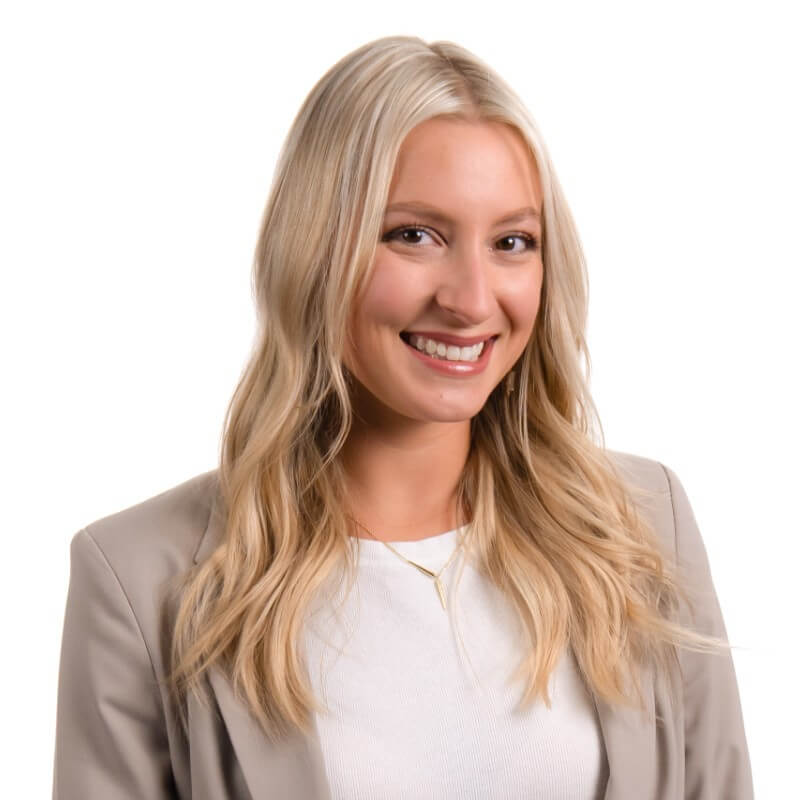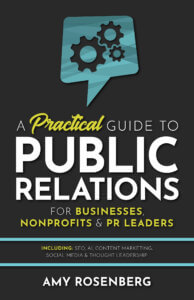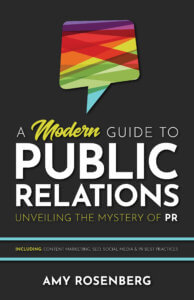![Just Amy: On Being a Table Flipper [Podcast]](https://www.veracityagency.com/wp-content/uploads/Just-Amy-On-Being-a-Table-Flipper800x600-3.jpg)
Just Amy: On Being a Table Flipper [Podcast]
In this solo episode of PR Talk, I share my thoughts about trying to work on Diversity, Equity & Inclusion at my daughter’s school (and how every good movement needs a table flipper), Roe v. Wade, guns and school shootings, Moms Demand Action and my favorite podcast; Glennon Doyle’s We Can Do Hard Things.
Plus, a shout out to: Chris Penn’s Almost Timely News, 26-June-2022: Good Habits Lead to Great Change (WARNING: POLITICAL).
Wow, now I don’t feel all a mess. I sat down to record a solo podcast today because I felt I needed to say something about our country sliding backward 50 years. But instead, what came out was a jumble of varying initiatives I am thinking about, feeling overwhelmed by all the things to focus on.
Since there wasn’t anything I could come up with to say about reproductive rights (as I explain here that the overturning of Roe v. Wade is too new for coherent thought), I directed people to Glennon Doyle’s podcast, We Can Do Hard Things and their latest episode on Four Things to Do Next. I was happy to hear from them that everything concerning our right to create the lives we want — such as living in a world without gun violence and racism — is connected to reproductive justice.
So, working on diversity, equity and inclusion — as I explain that I have been doing lately in my newly assigned role as “Table Flipper” — also somehow addresses reproductive rights. Same with how working on gun control — as I explain my aim of joining Moms Demand Action — is another way of working on reproductive justice.
First things first. Laugh a little as you learn how I have flipped some tables lately at a local Catholic school in my quest to demand a more just society for my daughter and her friends. And then hear my redirection of interesting podcasts to listen to and ways to think about your future involvement in the large task that is ahead.
Listen to this amazing episode about Four Things to Do Next (Apple, Spotify), and maybe we’ll start to feel a little better while embracing the daunting task that is ahead.
Don’t Miss an Episode
You can access more great episodes by subscribing to the PR Talk podcast on iTunes, Stitcher, Google Podcasts, iHeart Radio and Spotify.
PR Talk is part of the Marketing Podcast Network
The Marketing Podcast Network gives brands that sell to marketers direct access to reach thousands of buyers via their trusted media source: Marketing podcasts. Browse our library of shows and see where your message can be placed to reach prospective customers ripe for your message.
This episode of PR Talk is brought to you by PRSA Oregon
Throughout Oregon and Southwest Washington, PRSA provides members with networking, mentorship, skill building and professional development opportunities – whether you are a new professional fresh out of college or a skilled expert with 20 years in the industry. Check out PRSAoregon.org for more information on how membership can help you grow and connect.

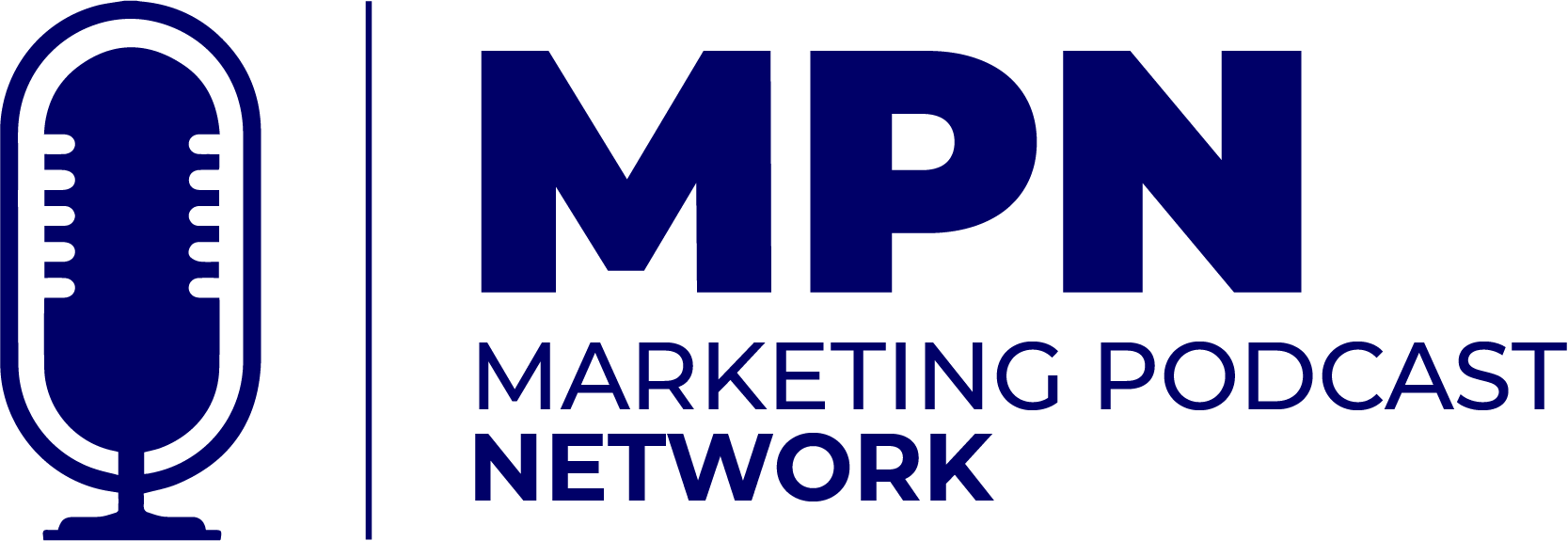
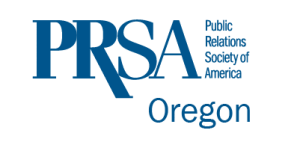
![PR Globe Trotting From Germany to Dubai [Podcast]](https://www.veracityagency.com/wp-content/uploads/Katharina-Hicker-800x600-1.jpg)
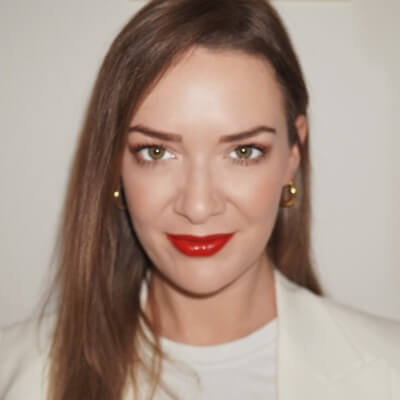
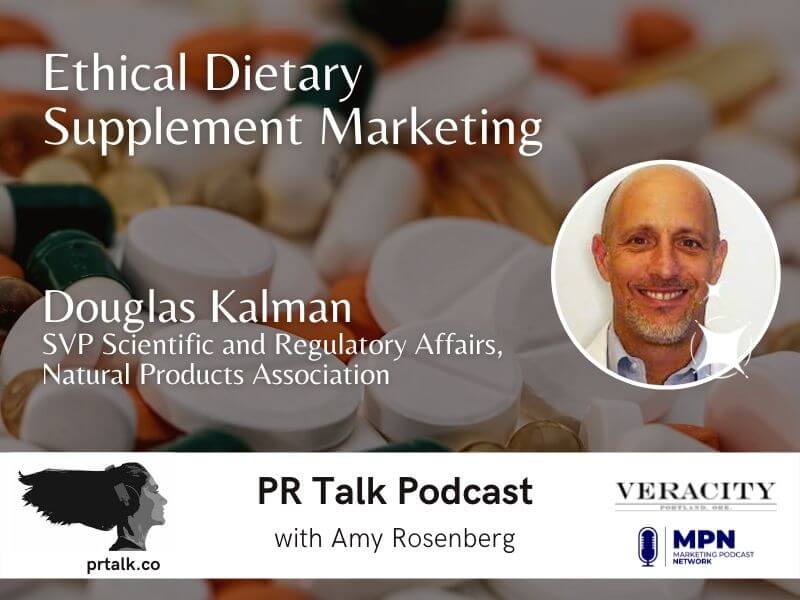
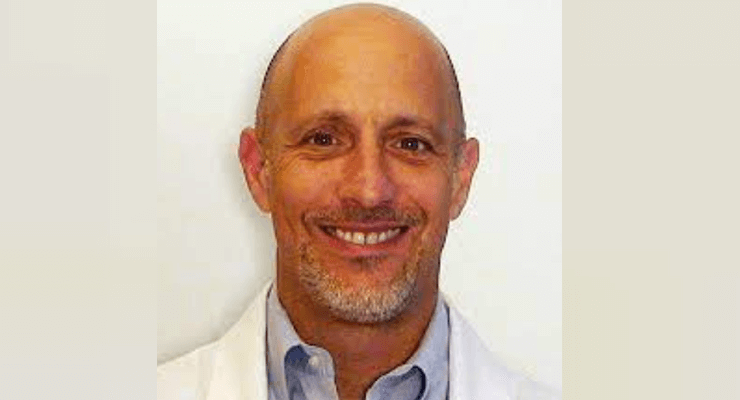
![PR Industry Change: A Real Conversation About Diversity, Equity and Inclusion with Fatou Barry [Podcast]](https://www.veracityagency.com/wp-content/uploads/PR-Girl-Manifesto-800x600-1-1.jpg)
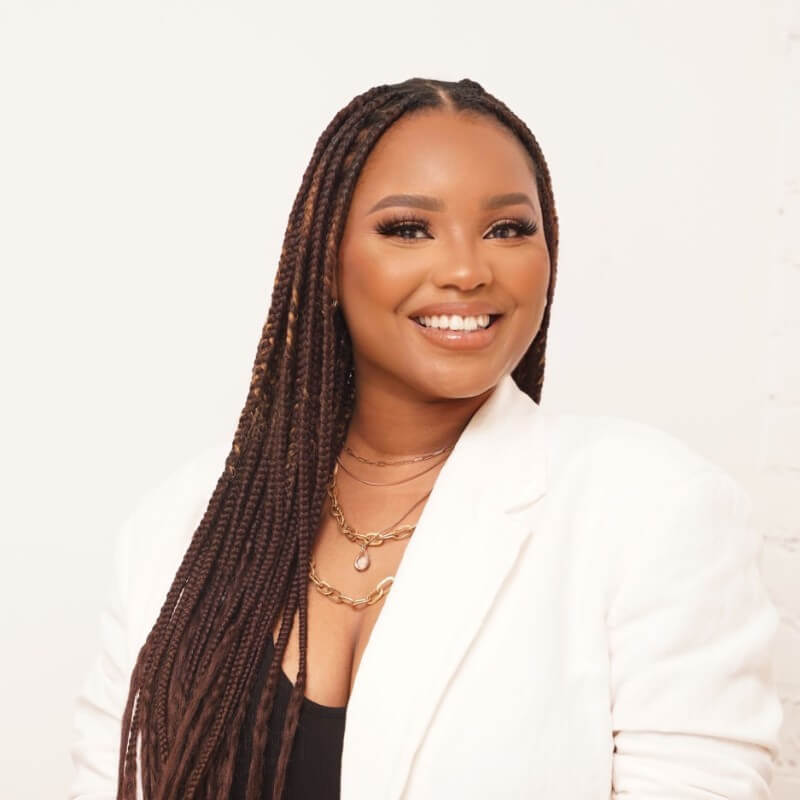
![Talking Web3 and NFTs with Joseph Jaffe [Podcast]](https://www.veracityagency.com/wp-content/uploads/Talking-Web3-and-NFTs-800x600-1.jpg)
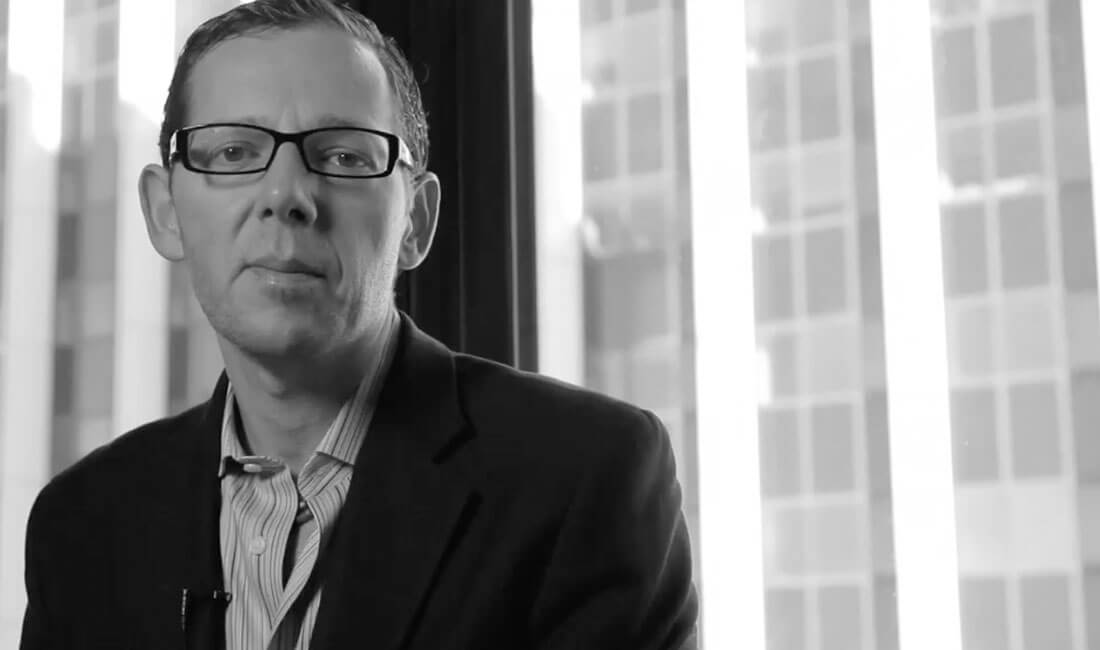
![Where’s the Culture – Marketing Connection? Right Here with Emmy Thomas [Podcast]](https://www.veracityagency.com/wp-content/uploads/Wheres-the-Culture-800x600-1.jpg)
